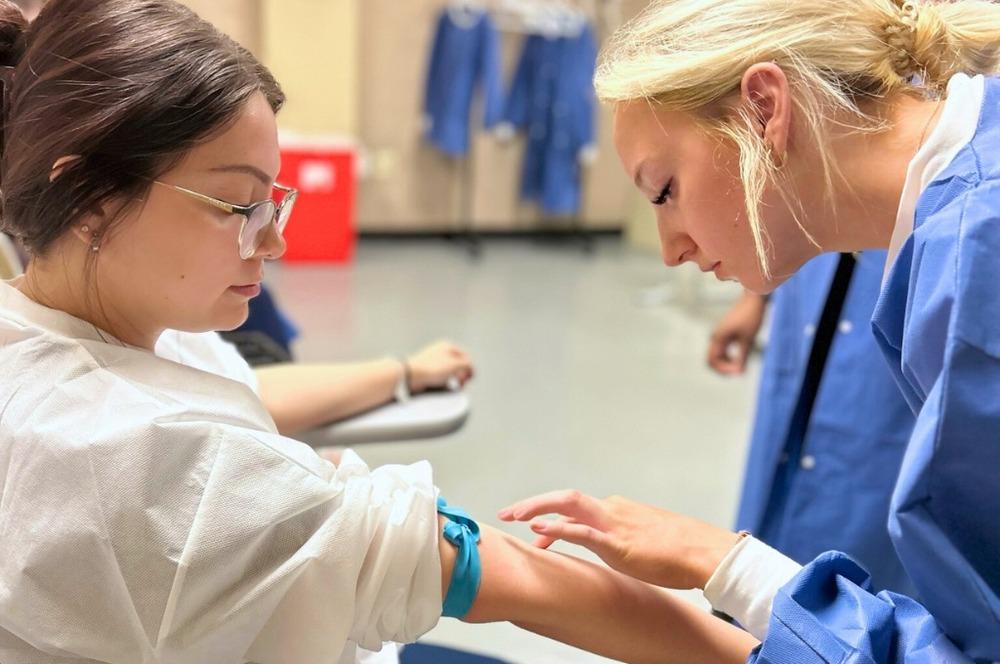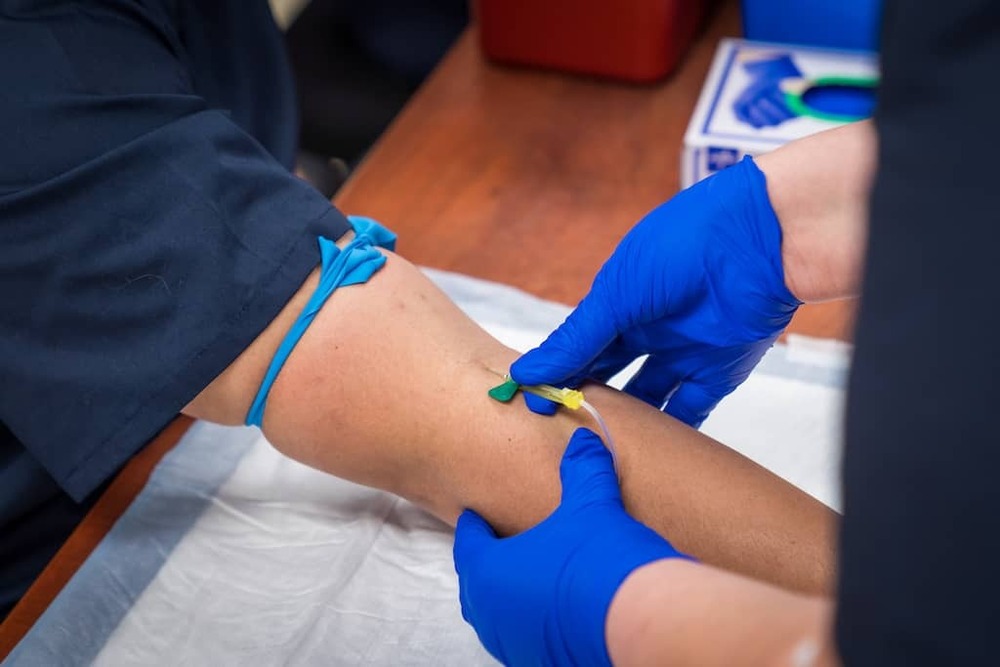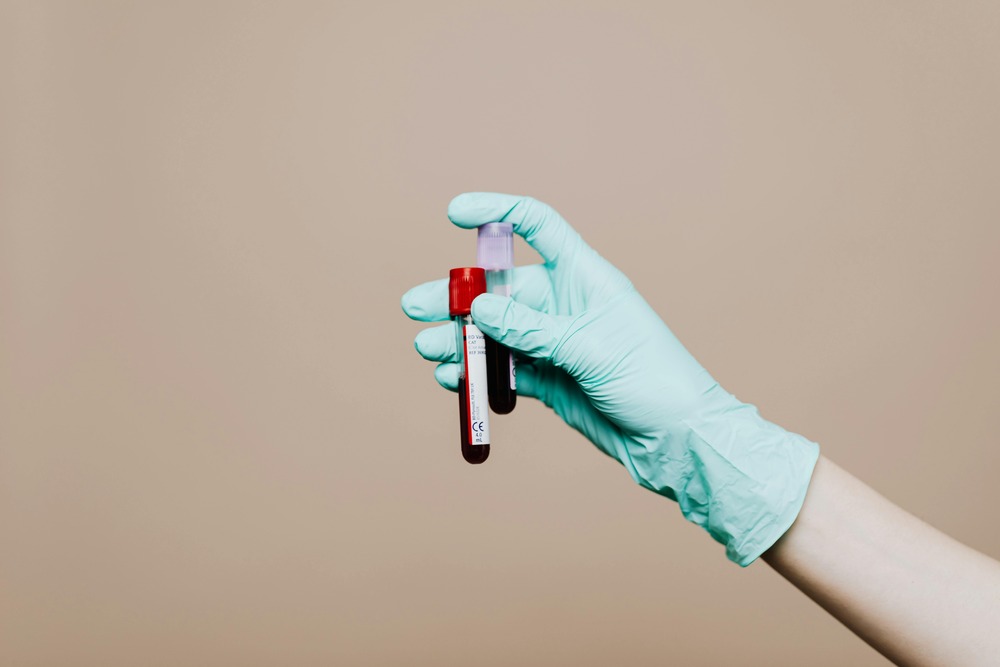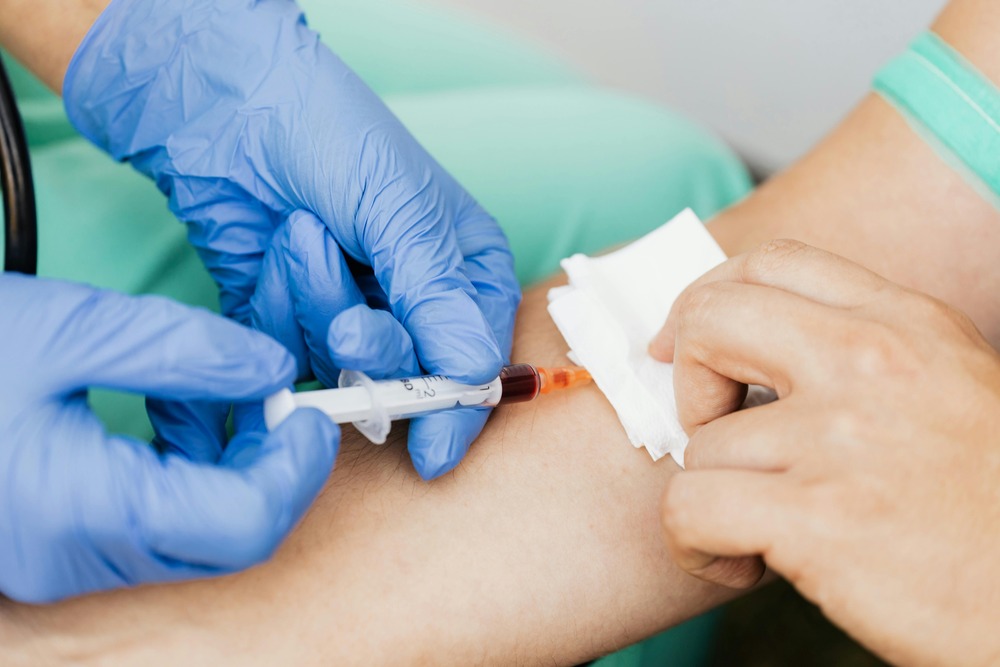In today's rapidly evolving healthcare landscape, the demand for skilled professionals is at an all-time high. One of the most rewarding and accessible paths into the healthcare field is through phlebotomy. If you're considering a career in healthcare, enrolling in phlebotomy courses can be a game-changer. Let’s explore the top reasons why you should take this step today! 🚀

Growing Demand for Phlebotomists
The healthcare industry is experiencing a significant surge in demand for phlebotomists. According to the U.S. Bureau of Labor Statistics, employment for phlebotomists is projected to grow by 22% from 2020 to 2030, much faster than the average for all occupations. This growth is driven by an aging population and an increase in medical testing.
Employment Statistics
Here’s a quick look at the employment statistics for phlebotomists:
| Year | Number of Jobs | Projected Growth (%) |
|---|---|---|
| 2020 | 132,000 | - |
| 2025 | 160,000 | 21% |
| 2030 | 161,000 | 22% |
As you can see, the job market for phlebotomists is not only stable but also expanding. This means more opportunities for you to secure a position in a field that is both rewarding and essential.
Short Training Period
One of the most appealing aspects of phlebotomy courses is the relatively short training period. Most programs can be completed in just a few months, allowing you to enter the workforce quickly. Many community colleges and vocational schools offer phlebotomy training programs that can be completed in as little as 4 to 8 weeks.
Course Duration Comparison
Here’s a comparison of the duration of various healthcare training programs:
| Program Type | Duration |
|---|---|
| Phlebotomy | 4-8 weeks |
| Medical Assistant | 9-12 months |
| Nursing (LPN) | 1 year |
| Nursing (RN) | 2-4 years |
As illustrated, phlebotomy training is one of the quickest ways to start your healthcare career. This is particularly beneficial for those looking to make a career change or enter the workforce rapidly.
Hands-On Experience
Phlebotomy courses typically include a significant amount of hands-on training. This practical experience is crucial for developing the skills necessary to perform blood draws and handle patients effectively. Many programs offer clinical placements where students can practice under the supervision of experienced professionals.
Skills Developed in Phlebotomy Courses
| Skill | Importance |
|---|---|
| Blood Collection | Essential for role |
| Patient Interaction | Builds rapport |
| Safety Protocols | Ensures safety |
| Record Keeping | Maintains accuracy |
These skills not only prepare you for a job as a phlebotomist but also provide a strong foundation for further advancement in the healthcare field.
Competitive Salary
Phlebotomists enjoy a competitive salary, which can vary based on location, experience, and the type of facility in which they work. According to the U.S. Bureau of Labor Statistics, the median annual wage for phlebotomists was $36,320 in May 2020.
Salary Breakdown by State
Here’s a breakdown of average salaries for phlebotomists in different states:
| State | Average Salary ($) | Emoji |
|---|---|---|
| California | 45,000 | 🌞 |
| Texas | 35,000 | 🤠 |
| New York | 40,000 | 🗽 |
| Florida | 34,000 | 🌴 |
| Illinois | 38,000 | 🌆 |
As you can see, salaries can vary significantly by state, but the potential for a good income is clear.
Opportunities for Advancement
Starting as a phlebotomist can open doors to various career advancement opportunities. Many phlebotomists choose to further their education and specialize in areas such as laboratory technology, nursing, or even medical research.
Career Advancement Pathways
| Position | Description |
|---|---|
| Phlebotomy Supervisor | Oversees phlebotomy staff |
| Medical Laboratory Tech | Performs complex lab tests |
| Registered Nurse | Provides patient care and treatment |
| Clinical Research Coordinator | Manages clinical trials |
By starting your career in phlebotomy, you can build a solid foundation for a variety of healthcare roles.
Flexible Work Environment
Phlebotomists can work in various settings, including hospitals, clinics, blood donation centers, and laboratories. This flexibility allows you to choose a work environment that suits your lifestyle and preferences.
Work Environment Options
| Setting | Description |
|---|---|
| Hospitals | Fast-paced, diverse patient population |
| Clinics | Regular hours, community-focused |
| Blood Donation Centers | Focus on community service |
| Laboratories | Behind-the-scenes, research-oriented |
This variety means you can find a job that aligns with your interests and work-life balance.
Conclusion
Enrolling in phlebotomy courses is a smart move for anyone looking to enter the healthcare field quickly and effectively. With a growing demand for phlebotomists, short training periods, hands-on experience, competitive salaries, and numerous opportunities for advancement, there has never been a better time to start your journey.
If you're ready to take the next step, consider checking out Phlebotomy Training Online for more information on courses available in your area. Your future in healthcare awaits! 🌟




